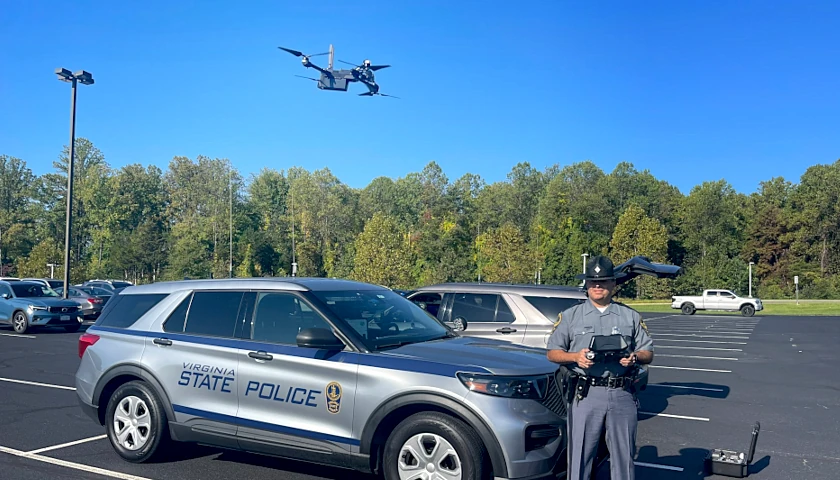by Tyler Arnold
Police officers and criminal justice reform advocates share some common ground going into Virginia’s special session to address policing reform, but the two groups break apart on some of the more controversial reforms.
“We are as repulsed by bad police officers … as anyone [else],” Wayne Huggins, executive director of the Virginia State Police Association, told Virginia House members Thursday during the last criminal justice reform hearing ahead of the special session, which convenes Aug. 18.
One area of agreement is reforming the state’s decertification process. Current law permits officers to be decertified only if their violation falls under a short list of offenses, which includes a felony conviction, a misdemeanor sex offense or domestic assault, refusing to submit to or failing a drug test or failing to comply with training requirements.
An officer cannot be decertified for using excessive or deadly force in violation of protocol unless he is convicted of a crime. An officer also cannot be decertified for failing to follow de-escalation tactics, violating ethical rules or breaking other policies. If an officer is not decertified, he or she can be fired from his job but still serve as an officer elsewhere in Virginia.
Huggins said he supports broadening the provisions for decertification because he does not want bad officers jumping from department to department. He said bad officers make all police look bad.
Other proposed reforms Huggins agreed with include a ban on chokeholds, except for life or death situations, which the Virginia State Police already teaches in its training, and a requirement for officers to intervene when another officer is violating protocol.
The two potential reforms that have received the most pushback from some police are proposals to defelonize assault on a police officer and end qualified immunity for police.
Under current law, a person convicted of assaulting a police officer, even if no injury occurs, is guilty of a felony that has a mandatory minimum of six months in jail. If lawmakers defelonize simple assault in which no injury occurs, a person still would be guilty of a misdemeanor, but one that does not carry a mandatory minimum sentence.
Huggins and other officers vocally have opposed defelonizing assault on an officer, and Republican lawmakers also have spoken out against it.
Qualified immunity for police officers protects them from being sued for constitutional violations unless the violation is clearly established and something a reasonable person would know.
The current system sets a high bar in favor of police officers, said Lynda Williams, the national president of the National Organization of Black Law Enforcement Executives. She said she believes officers should be able to be sued in court.
Huggins and other police groups disagree. Huggins said the current setup does not give blanket immunity and an officer only has immunity if he or she reasonably intended to act in accordance with the constitution, laws and police.
Fluvanna County Sheriff’s Office Capt. David Wells said qualified immunity acknowledges mistakes happen, but it does not protect against criminal, gross or wanton misconduct. He said getting rid of qualified immunity would make it more difficult to hire officers because they will be worried about the financial implications of frivolous lawsuits.
Senate Democrats already have proposed legislation that would expand the decertification process, and they plan to introduce legislation to defelonize assault on a police officer. Unlike the House, the Senate is not considering legislation to end qualified immunity.
– – –
Tyler Arnold reports on Virginia and West Virginia for The Center Square. He previously worked for the Cause of Action Institute and has been published in Business Insider, USA TODAY College, National Review Online and the Washington Free Beacon.
Photo “Virginia Capitol” by Ron Cogswell. CC BY 2.0.




